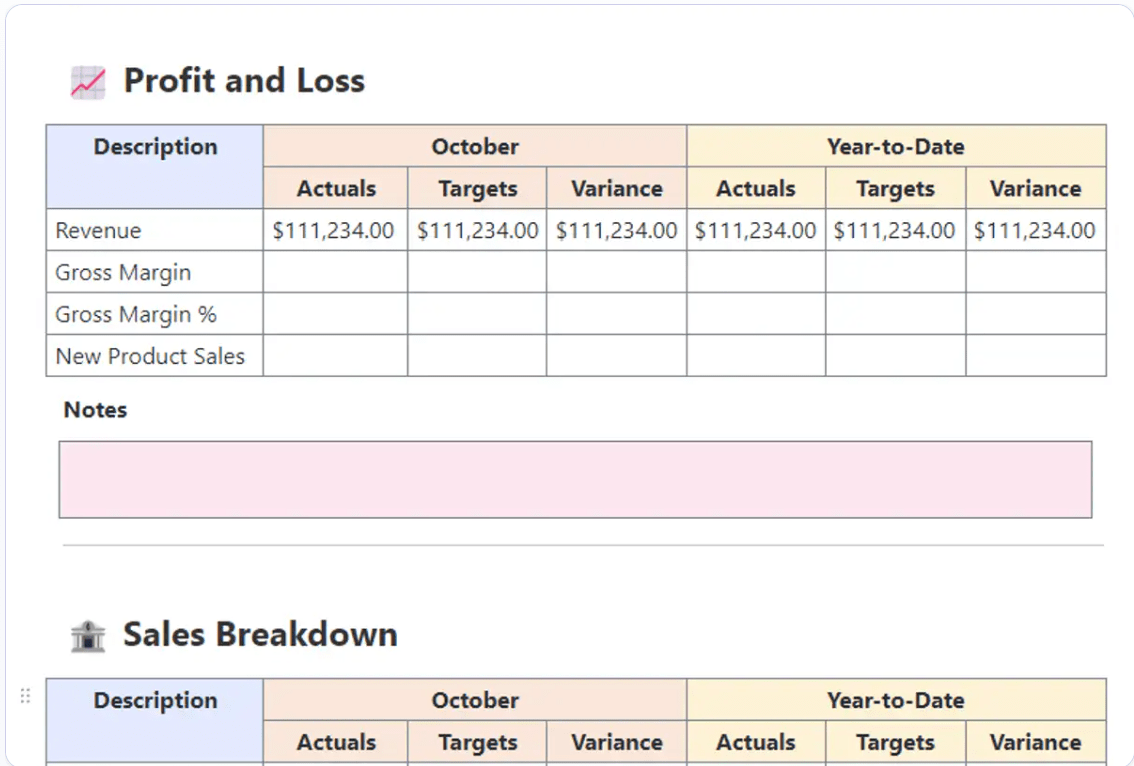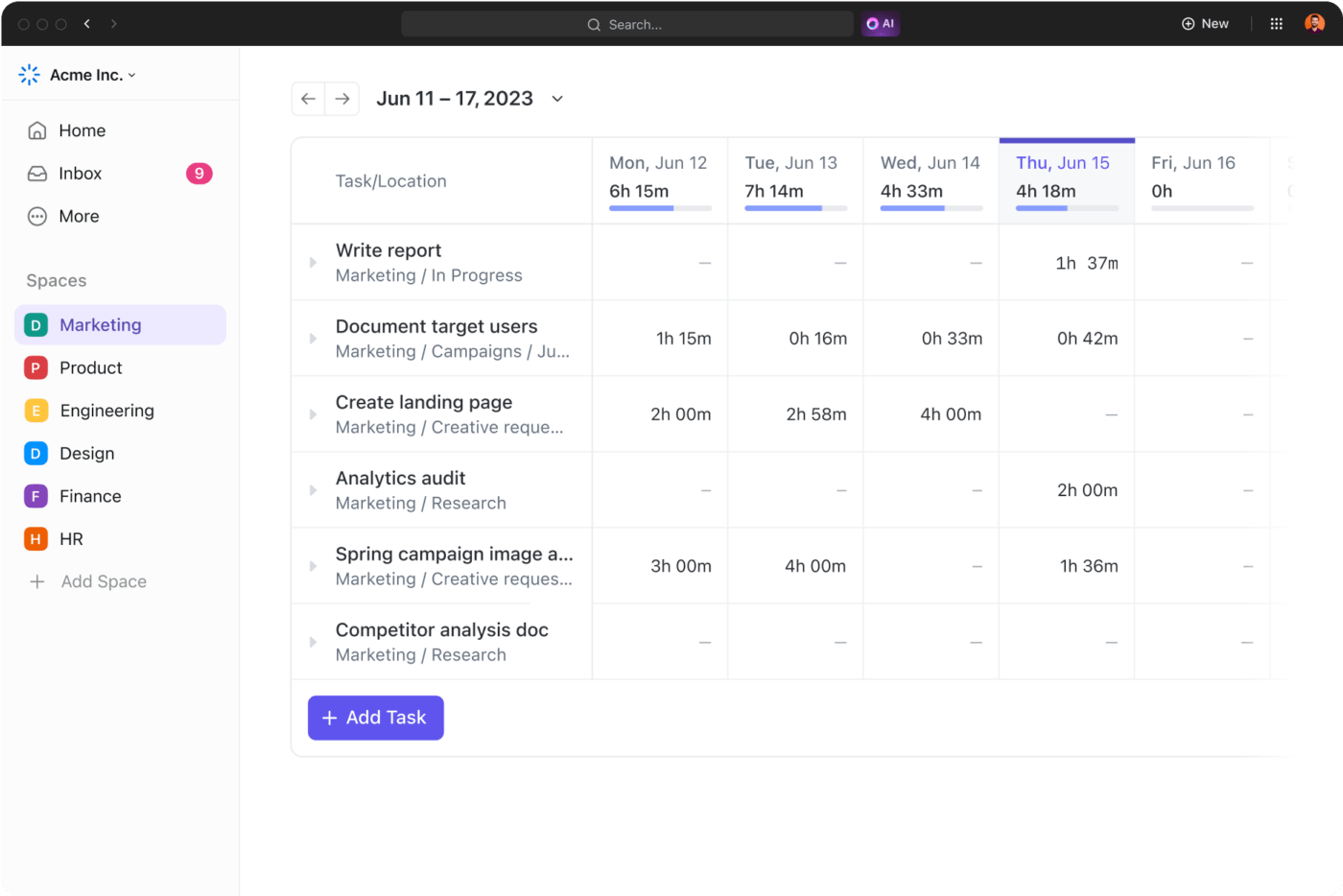How to Start a Construction Company: The Ultimate Guide

Sorry, there were no results found for “”
Sorry, there were no results found for “”
Sorry, there were no results found for “”
Does the idea of developing buildings and other structures from the ground up excite you? If so, have you ever thought about starting your own construction company?
While the process can seem straightforward, it can quickly become complicated due to the extensive research, paperwork, and strategic planning and execution required.
However, if you’re determined to make a mark in the construction industry, this guide is for you. Read on to understand the steps involved in starting a construction company, the challenges you might face with a new construction business, and key strategies to overcome them.
A construction company specializes in building and remodeling structures and managing construction projects. Unlike other businesses that operate from a fixed location, construction companies provide construction services at multiple sites simultaneously. They deal with physical infrastructure and require expertise in project management and people management.
Here are a few reasons why starting a construction company can be worthwhile:
Starting a construction company requires you to take the following essential steps:
The first step involves meticulous planning; the key elements include:
Construction companies must secure funding for capital expenditures, such as equipment purchases, for an ongoing supply of building materials, and so on. There are various financing options available in the market. These options could include:
Insurance protects your business from various risks in case of an accident or emergency. It provides a safety net that covers and mitigates the financial impact of on-site worker injuries, vehicular accidents, and other unforeseen events that could disrupt your business operations.
Thus, before starting any work on your construction company, insuring it is a must.
There is a range of insurance policies you can get for your new construction company:
To run your business on the right side of the law, you require specific licenses and permits. However, you must register your company or business name before obtaining them.
Business registration requires:
Once you have registered, find out what business licenses and building permits your state requires by consulting with your state’s Contractors’ Board. Some common licenses include the general contractor’s license, special contractor’s license, and business license.
Complying with regulatory standards is also important in addition to acquiring licenses and permits. Review the local, state, and federal regulations regarding local companies and work on ensuring your construction company complies with them. Also, join industry associations in your region.
A skilled team forms the bedrock of a successful construction business.
To build a competent workforce for your company, consider the type and scope of construction jobs you plan to undertake. This assessment will help you determine the professionals you need, such as project managers, architects, engineers, construction workers, subcontractors, and administrative staff.
Now, establish a recruitment process to screen, identify, and hire qualified professionals who are licensed in their respective trades. Bringing these skilled individuals on board will help drive your business toward success.
The right tools make running a construction business a breeze. Some key equipment you need includes safety gear, small tools like hammers and drills, and heavy machinery like cranes, bulldozers, etc.
The list of must-have tools doesn’t end here. In addition to hardware, it’s equally important to invest in software tools. Notable productivity tools like ClickUp function as construction project management software and help you manage construction projects with ease.

Using ClickUp for Construction Management, you can plan, manage, and track your construction projects all in one place. With ClickUp, you get to:


The benefits of using ClickUp for construction project management don’t end here; ClickUp also helps you with:
In addition, ClickUp provides a variety of customizable templates for construction management and construction budget management to make your work and life easier. Here’s an overview of a top construction-related template
ClickUp’s Construction Project Management Template helps you streamline the entire project management process, from pre-sales to delivery.
With this template, you can plan and organize various aspects of your construction projects, schedule tasks and allocate resources effectively, track progress, and stay on top of deadlines.
The template also helps you monitor project budgets and visualize project timelines using a Gantt chart view.
Once you’ve completed the initial steps, it’s time to focus on marketing your new business. Effective marketing raises awareness, generates buzz, and helps you find clients for your construction business.
To effectively expand your reach to potential customers, consider engaging in both offline and online marketing strategies.
Offline marketing strategy includes approaches such as attending construction industry conferences, publishing posters about your services in construction industry publications, newspapers and magazines, and more.
On the other hand, online marketing involves strategies such as launching a business website, building and mailing personalized offers to your email network, and posting engaging content on your company’s social media profiles.
In addition to marketing, it’s crucial to periodically review, evaluate, and update your operational processes, if required, after launching your construction company. This practice will help your business grow, stay relevant, and succeed even as times change.
Starting and running a construction business can be an enriching experience. However, it isn’t without challenges. Let’s understand the issues you can face while running a construction business and explore effective strategies to overcome them.

This is one of the most common challenges entrepreneurs face while running a construction business. Budget overruns can happen for many reasons, such as poor cost estimates during the planning phase, design change requests by the clients, unexpected cost increases, etc.
Solution:
Employ construction estimating software to accurately estimate the costs of construction projects and minimize costly budget errors and overruns.

A lot of factors can disrupt your project timeline and lead to delays in project completion. Some of the primary causes include bad weather, scheduling issues, incorrect time estimates, etc.
Solution:
Use construction scheduling software to tackle current and prevent future scheduling issues. You can also employ construction time tracking software to estimate an accurate project timeline and track projects against deadlines to ensure they get completed on time.
💡 Pro Tip: With ClickUp’s Time Tracking feature, you can set estimates, track time, and generate reports for billable time. Furthermore, with the construction budget management templates offered by ClickUp, you can easily estimate, keep track of, and manage the budgets for different construction projects.
Another challenge that construction project managers commonly encounter is poorly defined goals. Without clear goals, it becomes difficult to assign work responsibilities and manage the project overall.
Solution:
Collaborate with your clients and use the SMART (specific, measurable, achievable, relevant, and time-bound) goals system to come up with well-defined goals.
💡 Pro Tip: With ClickUp Goals, you can set and track short-term and long-term goals for your projects with ease.

When multiple projects are underway simultaneously, it can be challenging to give each one the attention and resources that it deserves. This can lead to resource management issues and project delays.
Solution:
Use construction ERP software to effectively plan and allocate adequate resources, workforce, and timelines for multiple construction projects.
💡 Pro Tip: With ClickUp Views, you can visualize and manage your projects’ workflows through more than 15 customizable views.

Starting a construction company requires meticulous planning and dedicated effort. You need to secure adequate funding, obtain licenses and permits, acquire tools and equipment, comply with regulations, and market your new business strategically.
Although launching and running a construction business can be rewarding, it comes with challenges. Leveraging the power of tools like ClickUp, which offers a variety of robust features, can help you effectively navigate these challenges and streamline the processes involved in running a successful business.
Construction management software like ClickUp provides a diverse range of tools to help you effectively allocate project resources and manage multiple construction projects all in one place.
To make a mark in the construction industry, sign up with ClickUp today.
Yes, construction is a great business to start. You get to work on diverse, creative projects from the ground up, maintain a healthy work-life balance, and tap into the lucrative construction market.
The challenges you may encounter daily are the hardest part of running a construction company. These challenges include dealing with changing project requirements, managing multiple projects simultaneously, staying within allocated budgets and timelines, etc.
Pros of being a general contractor include high earning potential, flexibility and freedom to engage in diverse projects, and control over various aspects of a construction project. On the other hand, the cons of being a general contractor include having to deal with business challenges, high overhead costs, and low work and financial security.
© 2026 ClickUp